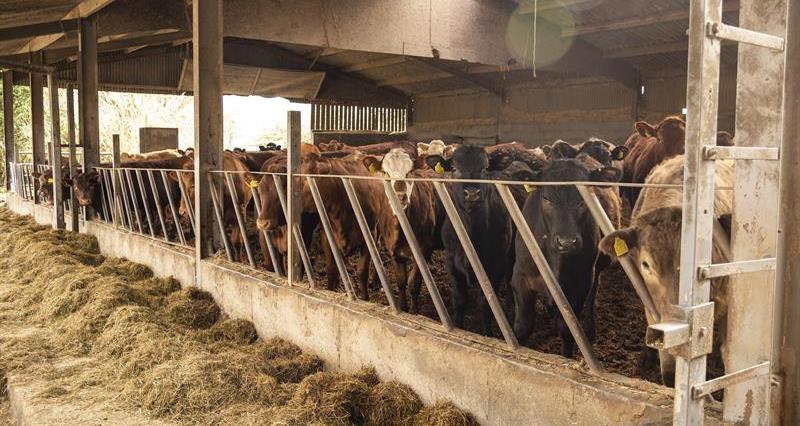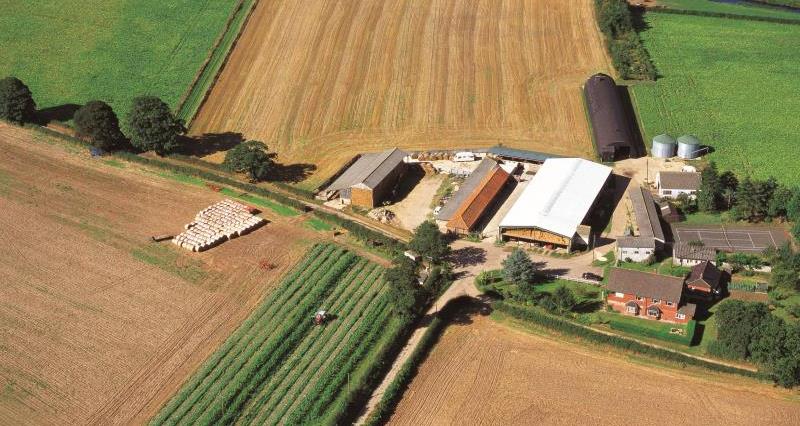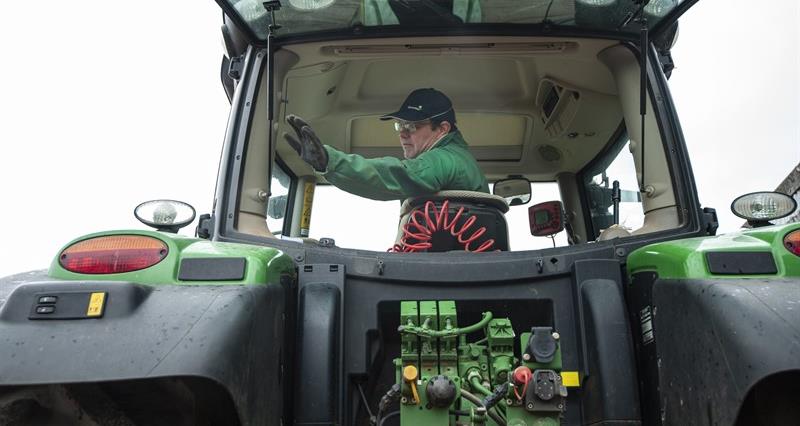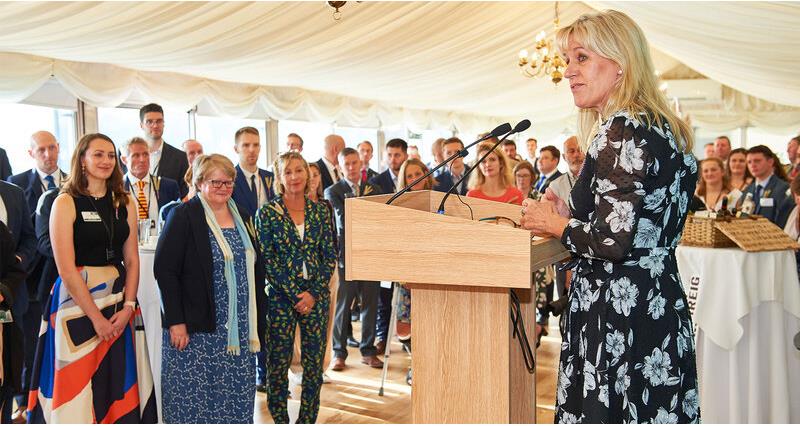The fund aims to improve productivity, enhance animal welfare, and to encourage investment in new technologies with the potential to put sites on a more sustainable business footing.
The intervention, first pledged at NFU Conference in February 2023 by Farming Minister Mark Spencer, will support upgrades to red meat and poultry businesses with annual throughputs of up to 10,000 livestock units and/or 500,000 birds.
The minister also said that the fund will allow smaller abattoir and mobile business owners in England to ‘innovate, invest and improve standards’.
Grants between £2,000 and up to £60,000 are available through the fund to fund capital items and other eligible investment items.
Eligible abattoirs will be contacted in the upcoming days by the RPA (Rural Payments Agency) with more information on how to apply for the scheme. Further information on the scheme details can be found at: Find out about applying for Farming Investment Fund schemes
Big enough move?
For the NFU, the announcement on Back British Farming Day answered a sustained campaigning effort – at least in terms of its intent.
But there are concerns about whether it will be enough to stop a decline in small abattoir numbers that a recent audit, citing Food Standards Authority figures, said was running at 10% per year. At that rate there could be none left by 2030, the study said.
In 2020, the APPG (All-Party Parliamentary Group) for Animal Welfare suggested a third of abattoir businesses with throughputs below 5,000 LSU (livestock units) a year have gone since 2001 – and almost half of those with throughputs of between 4,000 and 30,000 LSU.
Right intent
NFU Chief Livestock Adviser John Royle said: “We welcome the intent to remove unnecessary burdens and to make it easier for small abattoirs to operate, and the fund is about what we expected in terms of its aims; supporting welfare, productivity and encouraging investment.
“However, the number of sites that will benefit as it stands is open to question. As a whole, it’s certainly not enough to build a new abattoir facility, which is probably needed in some regions. Investment in infrastructure and equipment in these types of business does not come cheap.”
Mr Royle said that small abattoirs provide vital casualty slaughter and private kill services, supporting farm shops and added-value diversifications, such as box schemes selling direct to consumers.
He added: “Having a genuine mix of scale and a geographical spread of abattoir businesses is vitally important as it helps to drive competition, maintain a fully-functioning market and to ensure fair returns. We’ve seen huge consolidation in the processing sector in the past decade that has left farmers with reduced choice, particularly in more isolated areas.”
Eligibility
He added: “We would also have some concerns that the eligibility threshold of 10,000 livestock units per year may exclude some small-to-medium sized abattoirs that provide essential services for local producers. Applications should be considered even for those above the threshold, if they are important to the region or where a small abattoir wants to expand their throughput.”
Alongside investment support, the NFU continues to press for proportionate regulation to ensure that small abattoir businesses can continue to operate.
Plans to “deregulate” were stressed by former Defra Secretary of State Thérèse Coffey when the fund – which she described as “modest” – was announced.
Mr Royle added: “We want the scheme to support small abattoirs’ efficiency and viability, allowing operators to invest in infrastructure and equipment such as improvements to the lairage, chillers, cutting room and by-product handling.
“This scheme will provide some much-needed investment for some, but we must also see more proportionate regulation and oversight. Many operators tell us that one of the greatest burdens is negotiating regulatory hurdles.”
Essential service
What is certain is that the remaining smaller abattoir sites have an important role in the supply chain and in many farm businesses.
NFU members underlined that in the APPG report, while 88% of respondents to a survey by the Sustainable Food Trust and National Craft Butchers, covering more than 1,300 UK farming and food businesses, said their closest abattoir is either ‘essential’ or ‘important’ to the success of their business overall.
Some 64% of respondents to the exercise earlier this year said the availability or lack of availability of a local abattoir impacted their future business plans. The survey found that journey times had increased significantly, with some animals now travelling more than 200 miles to slaughter.
More than 30 respondents used an abattoir which has closed down since the survey was conducted.



